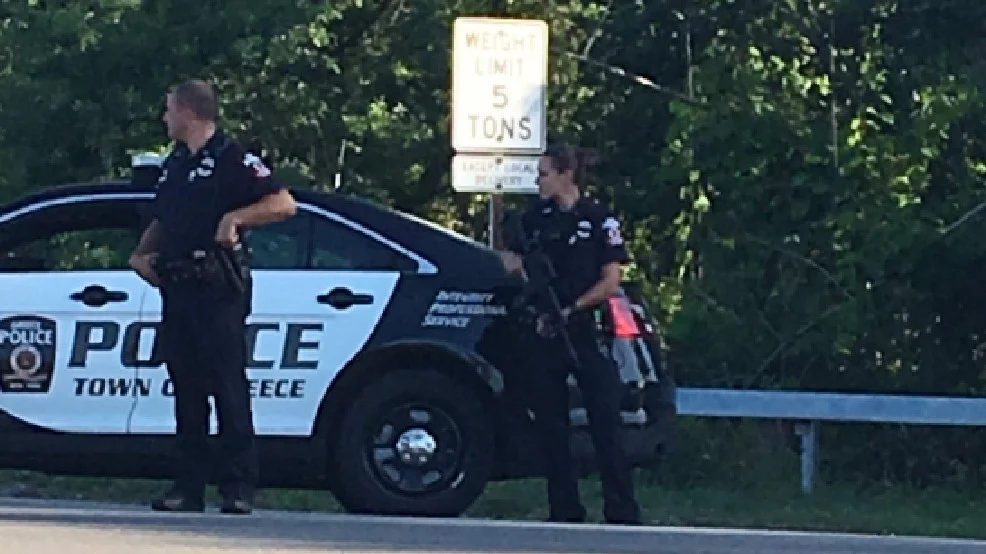CHATTANOOGA, Tenn. — Next month, Tennessee lawmakers will consider changing the way juveniles are prosecuted. A juvenile justice task force has come up six tentative recommendations that would help rehabilitate juvenile offenders.
We got a copy of the suggestions from State Senator Mark Norris's office. He's the chairman of that task force.




















